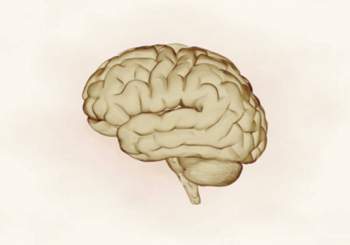
Brain Injuries

Must Read
A brain injury is damaged sustained by the brain, which can range from physical, neurological, or psychological in nature. However, in a legal spectrum, psychical – neurological -brain injury differs from traumatic, psychological brain injury or trauma.
Brain Injury: Severity and Classification
Brain injury is classified by a variety of details involving the injury itself, ranging from neurological damage (post-traumatic amnesia or PTA), duration of coma, and loss of consciousness.
1. Mild Brain Injury: Mild brain injury is classified as mild intracranial damage sustained by the brain. This type of brain injury involves little to no post traumatic amnesia, the absence of a coma, and little to no loss of consciousness. The sufferer of a mild brain injury will most often obey commands subsequent to the injury, open their eyes, and converse normally albeit slight confusion and disorientation.
2. Intermediate Brain Injury: Intermediate brain injury is classified as an injury to the brain that is higher in volume and severity than that of a mild brain injury. This type of brain injury most often results in a brief coma, post traumatic brain injury lasting for a few days, as well as the loss of consciousness lasting for up to one day. The sufferer of intermediate brain injury will oftentimes appear confused or disoriented. In the event that the sufferer cannot – or will not – open their eyes, they may respond to stimuli that induces pain.
3. Traumatic Brain Injury: Traumatic brain injury (TBI) is the most severe type of brain injury, which can result in prolonged coma, loss of consciousness, and post traumatic amnesia. Furthermore, long term effects, such as paralysis, loss of motor skills, and death can accompany traumatic brain injury. Upon suffering a traumatic brain injury, a sufferer may be rendered motionless; the sufferer may be unable to make sounds, movements, or breathe on their own. Traumatic brain injuries have been known to result in long-term, permanent hospitalization, rehabilitation programs, as well as assisted living.
Types of Brain Injuries
Concussion: a concussion is the result of a direct, powerful blow to the cranial region. A concussion can result in a loss of consciousness or a feeling of haziness and disorientation.
Contusion: like a concussion, a contusion is result of a direct, powerful blow to the head; however, a contusion results in internal bleeding and/or hemorrhaging within the cranial/neurological regions.
Coup contrecoup: This type of brain injury results from a direct blow to the head, which causes the brain to collide with one or both sides of the skull; oftentimes, a coup contrecoup brain injury sustained to the back of the head will cause the brain to collide with the front of the skull – these types of brain injuries can result in contusions and concussions.
Diffuse Axonal: Diffuse axonal brain injuries (DAI) are the result of rapid rattling or shaking of the brain, which causes damage to both the brain, as well as the brain stem; the most common types of diffuse axonal brain injury is known as Shaken Baby Syndrome or whiplash.
Brain Injury: Recourse
Brain injury can be caused by a multitude of circumstances; however, there exist a variety of attorneys that specialize in all types of brain injuries and brain injury lawsuits – these attorneys can assist individuals in obtaining medical records documenting the brain injury, as well as compiling details of the accident.


















